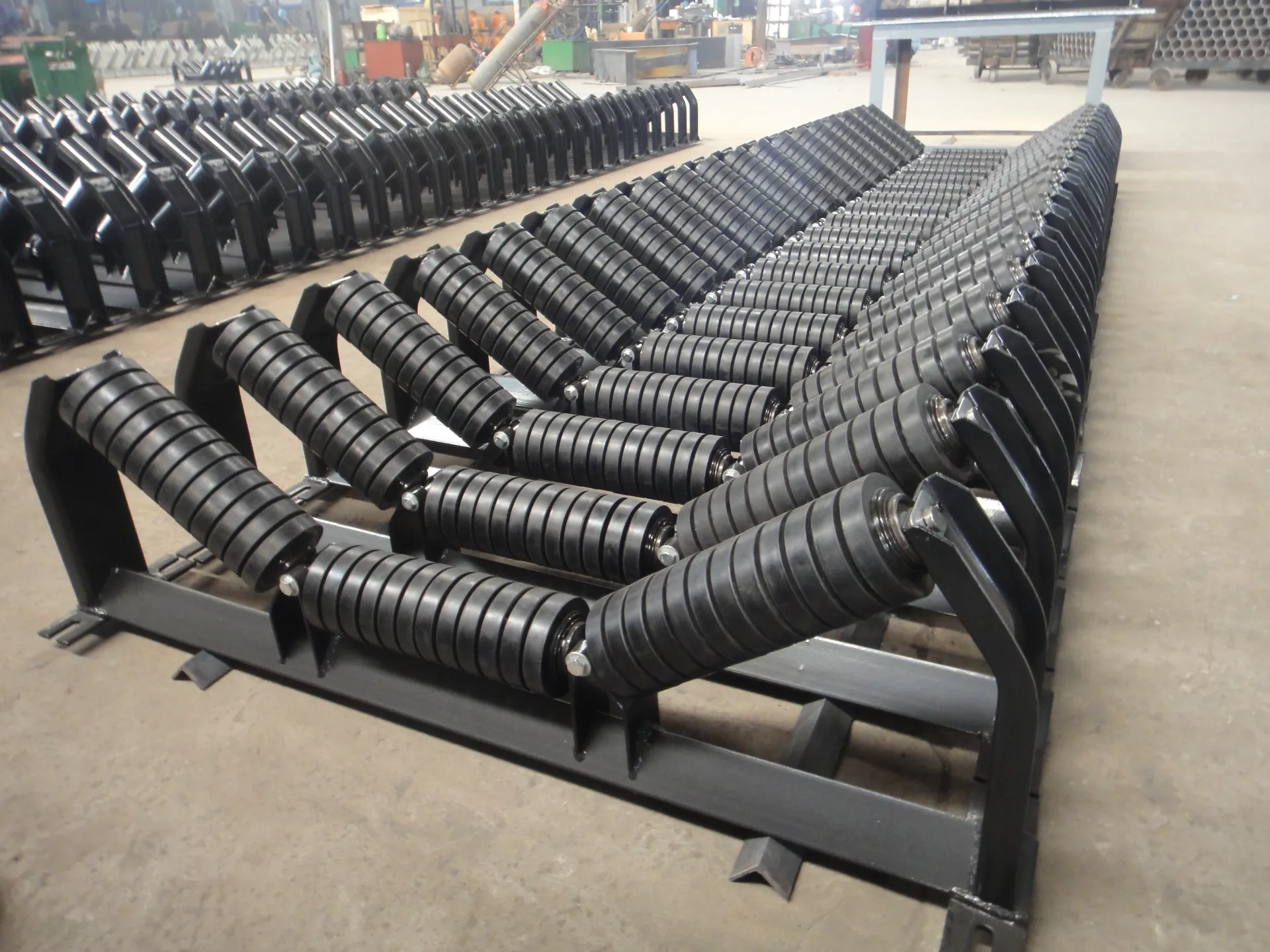 Afrikaans
Afrikaans  Albanian
Albanian  Amharic
Amharic  Arabic
Arabic  Armenian
Armenian  Azerbaijani
Azerbaijani  Basque
Basque  Belarusian
Belarusian  Bengali
Bengali  Bosnian
Bosnian  Bulgarian
Bulgarian  Catalan
Catalan  Cebuano
Cebuano  Corsican
Corsican  Croatian
Croatian  Czech
Czech  Danish
Danish  Dutch
Dutch  English
English  Esperanto
Esperanto  Estonian
Estonian  Finnish
Finnish  French
French  Frisian
Frisian  Galician
Galician  Georgian
Georgian  German
German  Greek
Greek  Gujarati
Gujarati  Haitian Creole
Haitian Creole  hausa
hausa  hawaiian
hawaiian  Hebrew
Hebrew  Hindi
Hindi  Miao
Miao  Hungarian
Hungarian  Icelandic
Icelandic  igbo
igbo  Indonesian
Indonesian  irish
irish  Italian
Italian  Japanese
Japanese  Javanese
Javanese  Kannada
Kannada  kazakh
kazakh  Khmer
Khmer  Rwandese
Rwandese  Korean
Korean  Kurdish
Kurdish  Kyrgyz
Kyrgyz  Lao
Lao  Latin
Latin  Latvian
Latvian  Lithuanian
Lithuanian  Luxembourgish
Luxembourgish  Macedonian
Macedonian  Malgashi
Malgashi  Malay
Malay  Malayalam
Malayalam  Maltese
Maltese  Maori
Maori  Marathi
Marathi  Mongolian
Mongolian  Myanmar
Myanmar  Nepali
Nepali  Norwegian
Norwegian  Norwegian
Norwegian  Occitan
Occitan  Pashto
Pashto  Persian
Persian  Polish
Polish  Portuguese
Portuguese  Punjabi
Punjabi  Romanian
Romanian  Russian
Russian  Samoan
Samoan  Scottish Gaelic
Scottish Gaelic  Serbian
Serbian  Sesotho
Sesotho  Shona
Shona  Sindhi
Sindhi  Sinhala
Sinhala  Slovak
Slovak  Slovenian
Slovenian  Somali
Somali  Spanish
Spanish  Sundanese
Sundanese  Swahili
Swahili  Swedish
Swedish  Tagalog
Tagalog  Tajik
Tajik  Tamil
Tamil  Tatar
Tatar  Telugu
Telugu  Thai
Thai  Turkish
Turkish  Turkmen
Turkmen  Ukrainian
Ukrainian  Urdu
Urdu  Uighur
Uighur  Uzbek
Uzbek  Vietnamese
Vietnamese  Welsh
Welsh  Bantu
Bantu  Yiddish
Yiddish  Yoruba
Yoruba  Zulu
Zulu Drive Rollers for Conveyor Systems and Their Importance in Material Handling
Drive Rollers for Conveyors An Essential Component in Material Handling Systems
In the ever-evolving landscape of industrial operations, the efficiency of material handling processes is paramount. Drive rollers play a crucial role in the functionality of conveyor systems, which are a backbone in various industries, from manufacturing to logistics. These components serve as the driving force that moves items along the conveyor belt, ensuring smooth and efficient transport of goods.
Understanding Drive Rollers
Drive rollers are cylindrical devices that are typically mounted horizontally within a conveyor system. They are powered by electric motors and are fundamental in the movement of materials. When the motor activates, it turns the drive roller, and through friction, the conveyor belt attached to or wrapped around the roller is propelled forward. This simple yet effective mechanism is essential for moving products from one point to another with minimal effort.
Types of Drive Rollers
Drive rollers come in various types, each suited for specific applications. The most common types include
1. Powered Rollers These rollers are driven by an integral motor that provides consistent movement. Commonly found in powered roller conveyors, they can handle various load sizes and shapes.
2. Gravity Rollers While not powered by a motor, gravity rollers can be positioned on a decline, allowing products to roll down towards their destination. These are often used in gravity-fed conveyor systems.
3. Modular Roller Systems These systems provide flexibility, allowing users to create custom conveyor configurations by combining different roller types and sizes, catering to unique logistical needs.
Selecting the Right Drive Roller
Choosing the correct drive roller for a conveyor system involves several considerations
- Load Capacity The first factor to evaluate is the weight and dimensions of the products being transported
. Rollers must be able to support the load without deforming or failing.drive rollers for conveyors

- Material Drive rollers are usually made from materials such as steel, aluminum, or plastic. The choice of material affects durability, weight, cost, and suitability for specific environments, especially when dealing with corrosive substances or extreme temperatures.
- Roller Diameter The size of the roller affects both the speed and the torque required to move the conveyor. Larger rollers typically provide better traction but can require more power to operate.
- Motor Type The reliability and adequacy of the motor attached to the drive roller are essential. Depending on the application, options may include AC or DC motors, each offering different levels of torque and speed control.
Importance in Modern Industries
Drive rollers are indispensable in streamlining operations across various sectors. In manufacturing, they facilitate the movement of raw materials and finished products, enhancing workflow efficiency. In logistics and distribution, they ensure timely deliveries by supporting advanced sorting and packing systems. Their reliability reduces downtime, ultimately contributing to cost savings and increased productivity.
Maintenance of Drive Rollers
To prolong the lifespan of drive rollers, regular maintenance is crucial. This includes
- Lubrication Ensuring that bearings are well-lubricated reduces friction, thereby minimizing wear and extending the operational life of the rollers.
- Inspection Regularly checking for signs of damage, wear and tear, or misalignment helps prevent failures.
- Cleaning Keeping rollers free from debris and contaminants is essential for optimal performance and safety.
Conclusion
In conclusion, drive rollers for conveyors are vital components that significantly impact the efficiency of material handling systems. Their design, selection, and maintenance can influence the productivity of various operations. As industries continue to advance and evolve, the importance of these essential components cannot be understated, making them a fundamental aspect of modern industrial practices. Whether in manufacturing, logistics, or any other application, understanding and effectively managing drive rollers can lead to streamlined processes and enhanced operational efficiencies.
-
Revolutionizing Conveyor Reliability with Advanced Rubber Lagging PulleysNewsJul.22,2025
-
Powering Precision and Durability with Expert Manufacturers of Conveyor ComponentsNewsJul.22,2025
-
Optimizing Conveyor Systems with Advanced Conveyor AccessoriesNewsJul.22,2025
-
Maximize Conveyor Efficiency with Quality Conveyor Idler PulleysNewsJul.22,2025
-
Future-Proof Your Conveyor System with High-Performance Polyurethane RollerNewsJul.22,2025
-
Driving Efficiency Forward with Quality Idlers and RollersNewsJul.22,2025





























